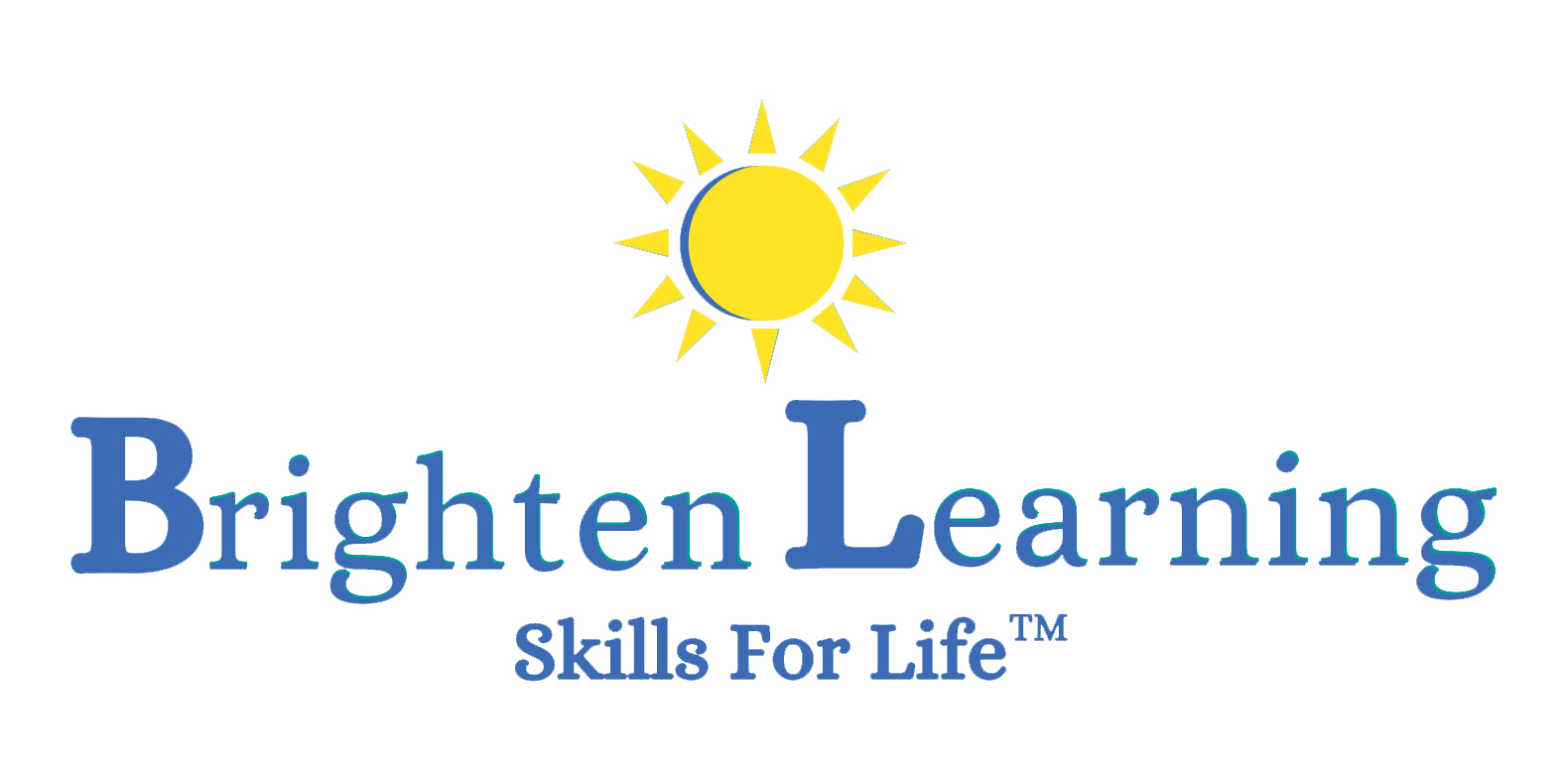Educators have far exceeded all expectations during the most challenging school year in history By…
Social Skills Learning Software Aims to Reach Children with Autism
This article about our social skills learning software was published in the Greater Wilmington Business Journal
Unhappy with the quality of software games available for children with autism, a team that includes a Leland resident set out to make its own.
The software developed by The Social Express uses animation to help children on the spectrum learn to interact with others in a more typical manner.
Identifying feelings in others, being part of a group and figuring out the hidden rules of social interaction are some of the social skills the software teaches, said Jon Cornick, president and COO of The Social Express.
“One of the big deficits of kids that are on the spectrum is identifying non-verbal social skills. All of the areas are targeted with our program,” said Cornick, who is based in Leland. “We are combining the best practices to create our lesson plans.”
The Centers for Disease Control and Prevention defines autism spectrum disorders as a “group of developmental disabilities that can cause significant social, communication and behavioral challenges,” and according to a CDC study last year, an estimated 1 in 88 children in the United States has been identified with an autism spectrum disorder.
While scientists do not have a clear understanding of what causes the disorders, parents have found that software can help children learn valuable social skills, Cornick said.
Cornick said that he came to the company after a career of producing movies, joining the founders Marc and Tina Zimmerman when the software launched in 2011.
“One of my dearest friends is Marc Zimmerman, who had this idea to create The Social Express. He needed animators and engineers. I was in between films in 2011, and I came on at the launch,” Cornick said.
The Zimmermans have autistic twin boys and found that they responded well to software used by after-school therapists.
“The children were mainstreamed in their local public school, and the behavioral issues were in check, but their social and emotional skills were a real deficit,” Cornick said.
Marc Zimmerman, a software entrepreneur and professional musician, sought to design a better alternative to the software available for children with autism.
Today, the software is used by more than 200 school districts, Cornick said, and is available on Macintosh, PC and iOS (iPhone and iPad).
The 2.0 version of the software is due out soon and will shift to a web-based, subscription version with new features. Cornick said the web-based model would allow for more frequent updates and more lessons and would include a special protected social network for children who use the program, called the Club House.
“One of the real problems is that most of these kids have few or no friends,” Cornick said. “We have created the Club House to have a way for kids to connect.”
Websites used by children under 13 are required to follow special guidelines outlined in the Children’s Online Privacy Protection Act (COPPA), and the software requires parents to approve their children’s access.
“Because the parent’s email is attached to the child, we have a parent portal, and they can see every conversation their child is having. Children have the option to flag inappropriate conversations, and both parents are notified,” Cornick said.
The Social Express has offices in Leland (with Cornick) and California (with the Zimmermans) and employs between 12 and 17 people depending on workload.
“We have 16 lessons with 30 interactive scenes, and we are animating 10 more now,” Cornick said.
